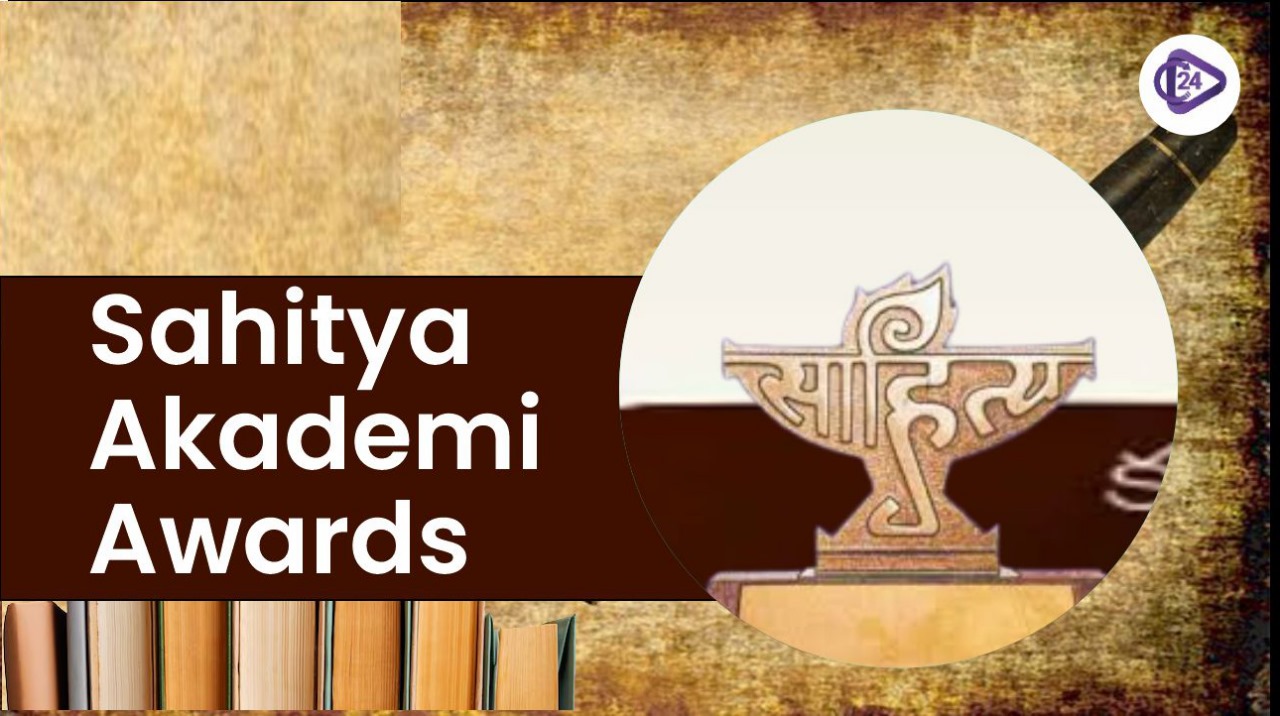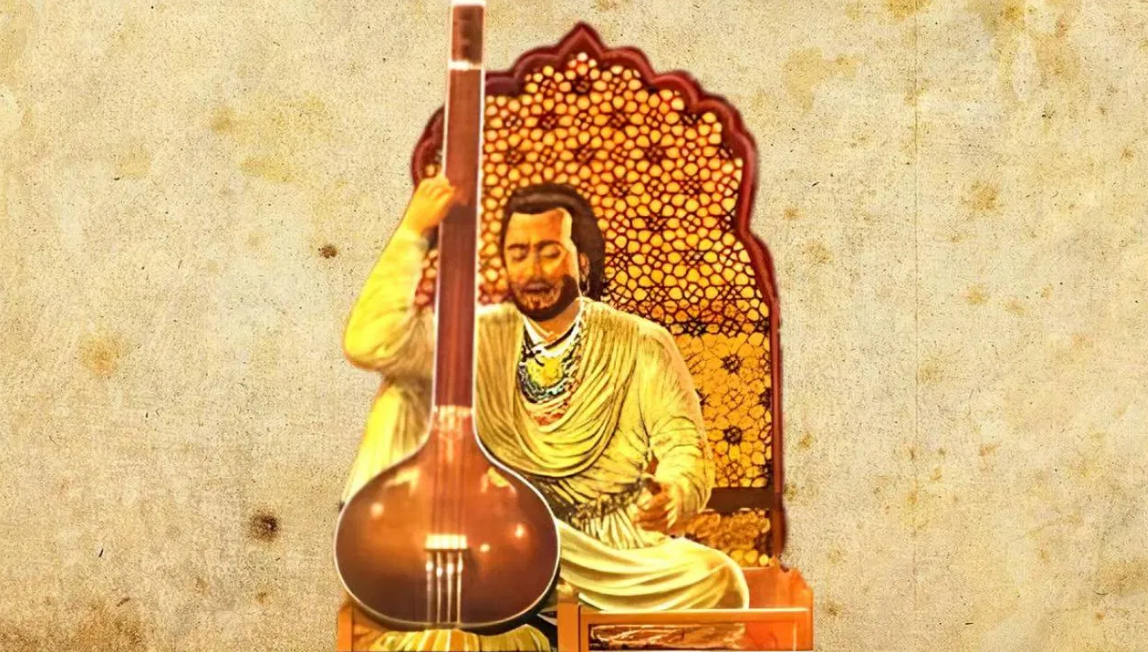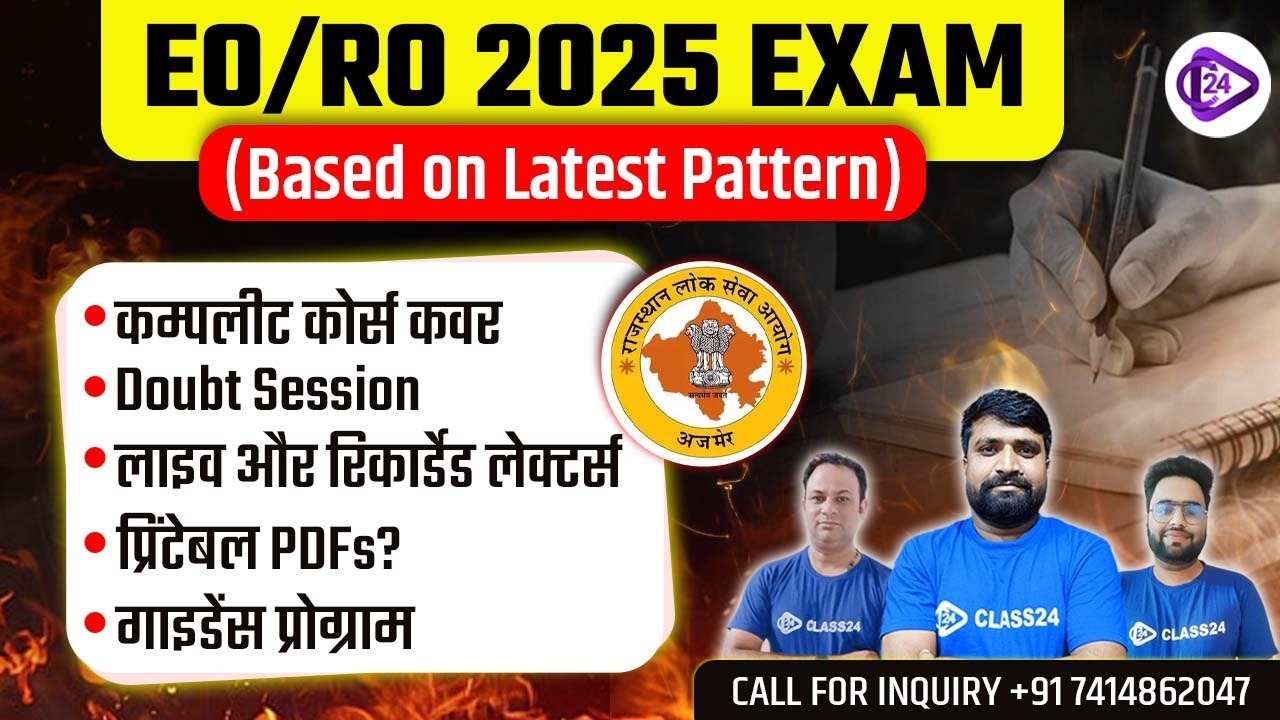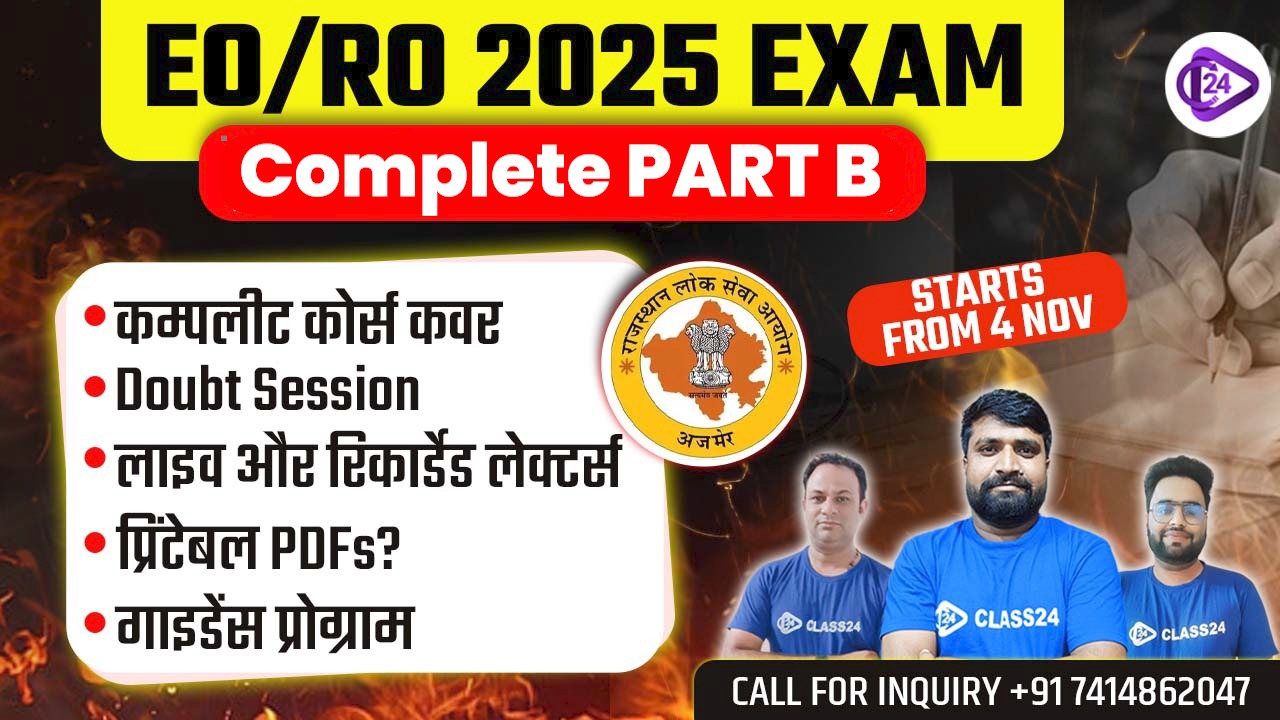
It is given for all those works of literature that merit its continuous high standard in any of the Indian languages recognized by the Akademi. It distributes 24 prizes annually to literary works composed in the acknowledged languages and as many to works translated from and into the languages of India. Apart from the 22 languages listed in the Constitution of India, the Sahitya Akademi has also identified English and Rajasthani as languages in which its program may be carried out.
The Sahitya Akademi declared the Sahitya Akademi Awards for 21 different languages on Wednesday. The awarded books of this year include eight of poetry, three novels and two collections of short stories, three essays, three literature criticism, one play, one research work. Results in Bengali, Dogri and Urdu categories will be declared later.
The award was in the English language category where Kire’s novel, “Spirit Nights”, published by Simon and Schuster India, won the award. The novel is inspired by a story of darkness narrated by the Chang Naga tribe of Nagaland
The prestigious award was presented to Hindi poet Gagan Gill for her poetry book Main Jab Tak Aai Bahar.
The first winner will get a casket with an engraved copper plate and Rs 1 lakh cash besides a shawl. The award show will take place on International Women’s Day, that is on the 8th of March in the year 2025 in Delhi.
The other winners announced so far are:
-
Assamese: Pharingbore Bator Katha Jane (Poetry), Sameer Tanti
-
Bodo: Swrni Thakhai (Novel), Aron Raja
-
Gujarati: Bhagwan-ni Vato (Poetry), Dileep Jhaveri
-
Hindi: Main Jab Tak Aai Bahar (Poetry), Gagan Gill
-
Kannada: Nudigala Alivu (Literary criticism), KV Narayana
-
Kashmiri: Psychiatric Ward (Novel), Sohan Koul
-
Konkani: Rangtarang (Essays), Mukesh Thali
-
Maithili: Prabandh Sangrah (Essays), Mahendra Malangia
-
Malayalam: Pingalakeshini (Poetry), K Jayakumar
-
Manipuri: Mainu Bora Nungshi Sheirol (Poetry), Haobam Satyabati Devi
-
Marathi: Vindanche Gadyaroop (Criticism), Sudhir Rasal
-
Nepali: Chhichimira (Short stories), Yuva Baral
-
Odia: Bhuti Bhakti Bibhuti (Essays), Baishnab Charan Samal
-
Punjabi: Sun Gunvanta Sun Budhivanta: Itihaasnama Punjab (Poetry), Paul Kaur
-
Rajasthani: Gaon Ar Amma (Poetry), Mukut Maniraj
-
Sanskrit: Bhaskaracaritam (Poetry), Dipak Kumar Sharma
-
Santali: Seched Sawnta Ren Andha Manmi (Play), Maheswar Soren
-
Sindhi: Purzo (Short stories), Hundraj Balwani
-
Tamil: Tirunelveli Ezucciyum Vaa Vuu ci Yum 1908 (Research), AR Venkatachalapathy
-
Telugu: Deepika (Criticism), Penugonda Lakshminarayana
Background of Sahitya Akademi Award:
-
Sahitya Akademi, Indian National Academy of letters was established on 12 march 1954 by the Government of India.
-
It offers 24 literary awards every year in recognized Indian languages, English, and Rajasthani languages. The Akademi encourages dialogue and production of literary works and translation.
-
It functions under the Societies Registration Act of 1860 as a legally registered and quite independent body.
-
The first recipient of Hindi- Makhanlal Chaturvedi in 1955
-
The first recipient of English- RK Narayan in 1960
Conclusion
Sahitya Akademi works as an active promoter of Indian literature collecting excellent works and initiating discussions between literatures in different languages. It is still playing a productive role in the context of Indian literary culture.
Chat With Us



 100th Tansan Sangeet Samaroh in Gwalior
100th Tansan Sangeet Samaroh in Gwalior






